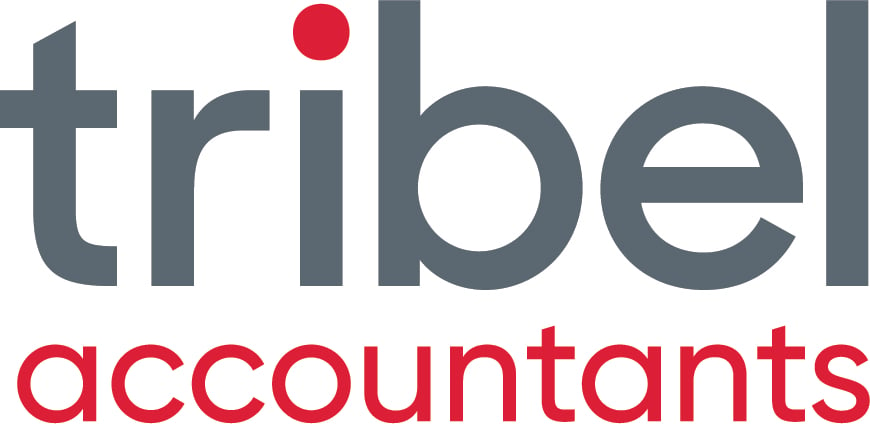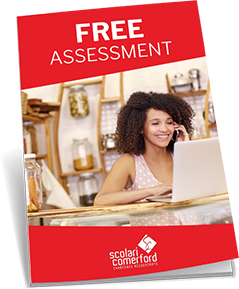INTRODUCTION:
There is nothing worse than seeing somebody with their debt structured around the wrong way when it comes to maximising deductions. Sadly many fail to get the correct advice and believe that debt can be easily transferred from a non-deductible situation to a new business or investment matter.
Here are some tips that you should consider when trying to assess how to get the most out of your tax situation when borrowing.

Figure 1: Make sure you get proper advice re your debt so you get the biggest tax deductions you can for interest.
1. speak to your small business accountant first
Before arranging finance and even before buying a property or business, make sure you speak to your advisors such as your small business accountant and legal team. Doing this will save you money in the long run as trying to fix debt structure can be costly in terms of stamp duty, capital gains tax and other costs so it is always better to spend a little bit first and get it right the first time.
As small business accountants and business valuers, we often see situations where non-clients who come to us after they have jumped in and bought a business, organised the finance only to find out later that they have probably paid too much and have been set up in the wrong business structure where claiming interest debt can be more difficult for tax purposes.
A common situation occurs where somebody has debt on their family home and then they sell it to buy a rental property using the excess funds to buy the investment. They will naturally think that the debt on a new home they wish to live in can be transferred across for negative gearing purposes to the new rental property. Of course tax considerations won't always determine the best course of action but in many cases should be examined firstly.
2. pay off non-tax deductible debt as quickly as possible before other debt
Similar to the above, when you have excess funds available pay off any non-deductible debt first of all when you can. Consider doing interest only loans for business and other investment debt.
You may need to get your small business accountant to do the sums if your business and investment loans are more expensive in terms of interest rates but generally it is better to structure your debt so the non-deductible amount is extinguished before the deductible sum.

Figure 2: Getting the right advice will make you feel much better about debt.
3. examine ways to restructure your debt to maximise interest deductions
As mentioned above, it is always better to try and get things right the first time. However, sometimes there are ways to restructure your debt and minimise other costs such as bank fees and capital gains tax and stamp duty.
Depending on your business structure and individual circumstances, you may be able to pull money out of the business by borrowing to pay capital contributed by you or a loan by you to the business and then take it off your personal non-deductible debt. Effectively you are converting non-deductible debt into deductible debt saving tax on the interest component by up to 49%!
There are other strategies but it is always best to talk to your small business accountants and get them to review your current debt set up.
CONCLUSION:
Borrowing is often a great way to get ahead but like everything it usually is best to be paid off as soon as you possibly can despite the tax benefits.
Not having debt set up correctly can add years to your loans and cost you a lot of tax unnecessarily.
Using tax deductions to your advantage could be the difference between owning your own home in 5 years or 10 years or more!
Seek advice about your current debt structure and where you can get it fixed as soon as you possibly can. You can at least sleep at night knowing that you have had it checked out.



.png?width=100&height=100&name=COVID_Safe_Badge_Digital%20(002).png)



